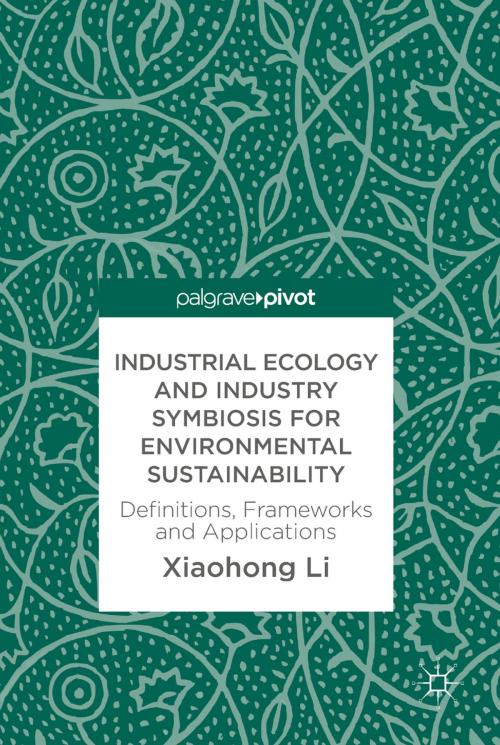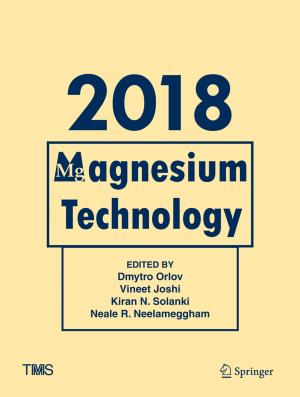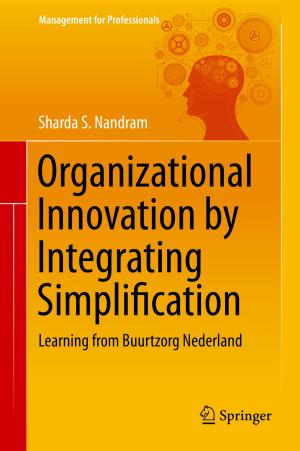Industrial Ecology and Industry Symbiosis for Environmental Sustainability
Definitions, Frameworks and Applications
Business & Finance, Management & Leadership, Production & Operations Management, Economics, Sustainable Development, Business Reference, Business Ethics| Author: | Xiaohong Li | ISBN: | 9783319675015 |
| Publisher: | Springer International Publishing | Publication: | December 1, 2017 |
| Imprint: | Palgrave Pivot | Language: | English |
| Author: | Xiaohong Li |
| ISBN: | 9783319675015 |
| Publisher: | Springer International Publishing |
| Publication: | December 1, 2017 |
| Imprint: | Palgrave Pivot |
| Language: | English |
This book opens up a critical dimension to the interdisciplinary field of Industrial Ecology (IE) and one of its four areas - Industrial Symbiosis (IS). Presenting the concept of closed-loop thinking, this timely book explains how industries and societies can achieve environmental sustainability, a necessity for today’s businesses. Providing a critical review of the definitions and developments of both IE and IS, this study establishes their fundamental role in improving environmental sustainability. The author identifies valuable lessons to be learned and presents conceptual frameworks to guide future IE and IS applications. Transforming industrial systems into closed-loop industrial ecosystems dramatically reduces the negative impact of industrial activities on the environment. Therefore, this book is an important read not only for operations management scholars, but also those who are interested in ensuring an environmentally sustainable future.
This book opens up a critical dimension to the interdisciplinary field of Industrial Ecology (IE) and one of its four areas - Industrial Symbiosis (IS). Presenting the concept of closed-loop thinking, this timely book explains how industries and societies can achieve environmental sustainability, a necessity for today’s businesses. Providing a critical review of the definitions and developments of both IE and IS, this study establishes their fundamental role in improving environmental sustainability. The author identifies valuable lessons to be learned and presents conceptual frameworks to guide future IE and IS applications. Transforming industrial systems into closed-loop industrial ecosystems dramatically reduces the negative impact of industrial activities on the environment. Therefore, this book is an important read not only for operations management scholars, but also those who are interested in ensuring an environmentally sustainable future.















